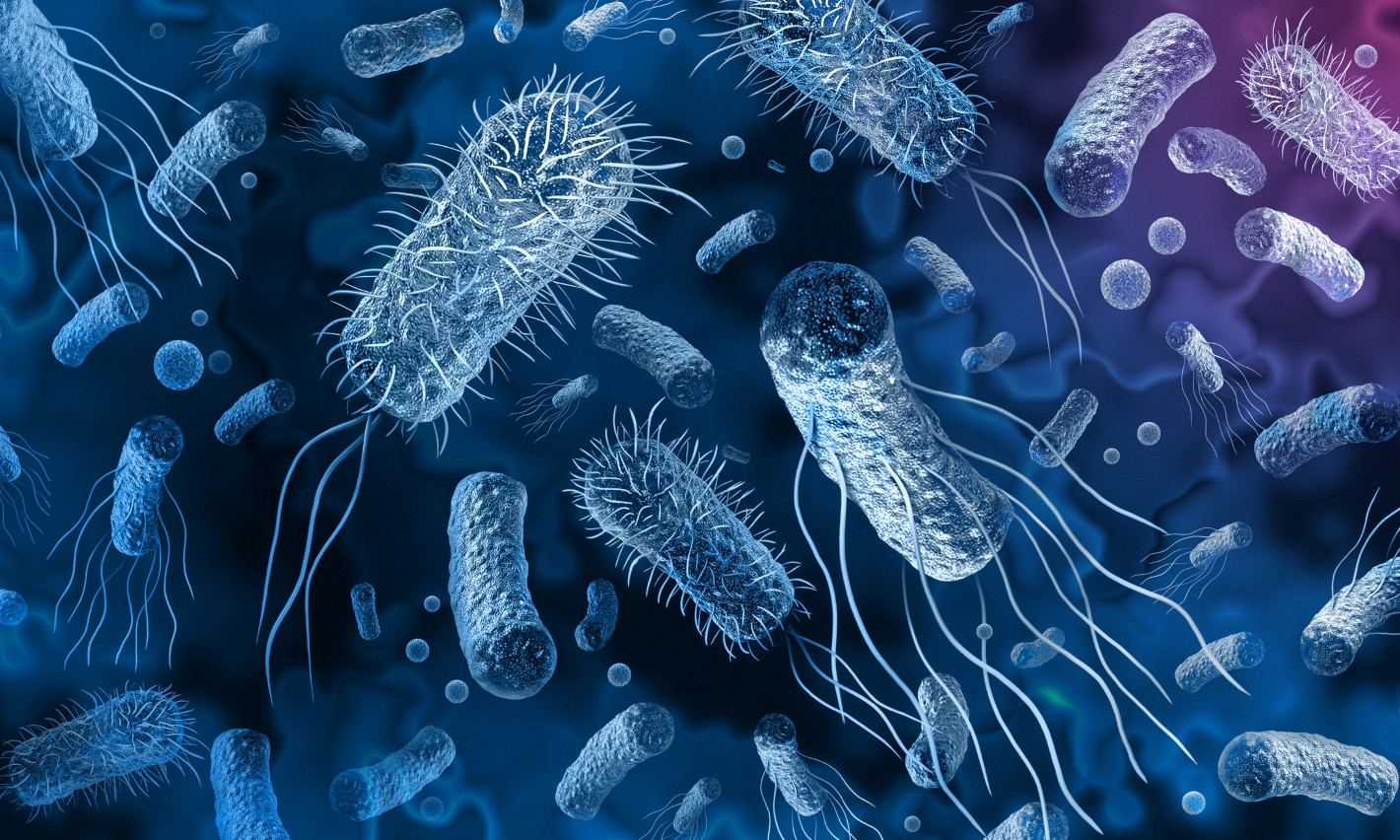A personalized anti-cancer vaccine that works in mice


In her laboratory at the University of Montreal Hospital Research Centre (CRCHUM), Marie-Claude Bourgeois-Daigneault and a team of scientists usually modify viruses to make them specific to the cells of a tumour.
Once in the patient’s body, these oncolytic viruses infect and destroy the cancer cells without touching healthy cells. The viruses can even stimulate the immune system so that it is better armed to recognize and kill malignant cells; this is immunotherapy.
In a study published today in Nature Communications, Daigneault and her team show how they came to create an effective personalized vaccine by combining oncolytic viruses with small synthetic molecules (peptides) specific to the targeted cancer.
Bourgeois-Daigneault is a professor in Université de Montréal department of microbiology, infectious diseases and immunology), a member of the Institut du cancer de Montréal and the principal author of the study, led by Dominic Guy Roy.
Here, she explains her team’s approach and findings.
In your study, you use oncolytic viruses as anti-cancer vaccine adjuvants to immunize mice. How do you do it?
For a vaccine to induce an immune response, it has to contain elements that stimulate the cells of the immune system—the famous white blood cells.
These elements, called adjuvants, are ingredients in all vaccines. They allow the human body to perceive potential danger and contain the threat by sending its army of immune cells.
Our approach consists of using oncolytic viruses to stimulate this immune response and direct it towards the cancer. To succeed, we create a vaccine by mixing viruses with synthetic peptides (antigens) that resemble the targeted cancer.
Because it’s true that, to be effective, the vaccine has to be personalized for each patient, based on the mutations specific to each cancer cell. Thanks to the identification work done by other research teams, we can predict what peptides to use for each patient through the information obtained from a biopsy.
The advantage of our approach is that the oncolytic viruses themselves have the power to kill the cancer. We can thus attack the cancer on two fronts: kill it directly with the virus and induce an immune response, thanks not only to the virus, but to the vaccine as well.
On our mice, we were able to show the efficacy of the resulting immunization.
What sets your vaccine strategy apart from clinical trials currently being conducted by other teams?
The other clinically tested personalized anti-cancer vaccines don’t use oncolytic viruses as vaccination adjuvants. Therefore, their adjuvant doesn’t have direct anti-cancer effects whereas, in our case, our viruses can destroy the cancer.
An anti-cancer vaccine using oncolytic viruses is currently being tested in Canada and the U.S. However, it is not personalized. Instead, it targets certain specific cancers that have an antigen in common. By targeting this antigen, the vaccine induces an immune response.
In this case, the oncolytic viruses have to be genetically modified to allow for the insertion of the antigen into the genome of the viruses.
This is very different from our approach. We can target all cancers without genetic modification. A little like putting together Lego—it’s a matter of mixing synthetic peptides resembling the cancer with the chosen virus. It will be a lot easier to implement in a clinical setting.
What challenges need to be addressed before your personalized anti-cancer vaccination approach can be translated to clinical practice?
The main challenge is to identify the mutations that we want to vaccinate against. Because a cancer is unique in its tens or hundreds of mutations, but only a few of them, once targeted, will have a therapeutic effect and allow us to eliminate it.
The identification of these mutations is the key step that still has to be optimized. Fortunately, many groups are working in this area.



